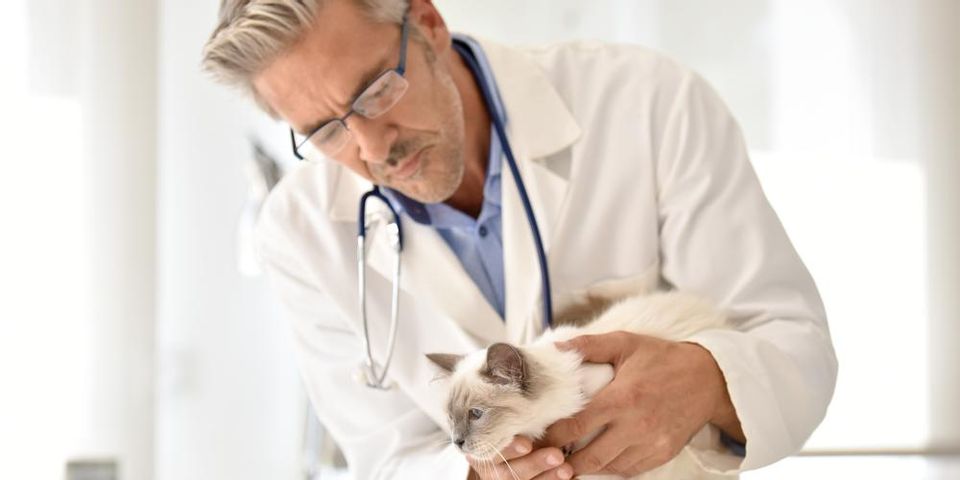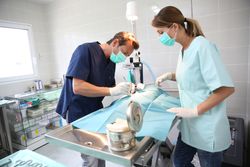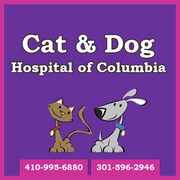How Vets Protect the Health of Animals & People

You know your vet works to ensure the health of your beloved pet, but did you also know these highly trained professionals play an important role in protecting human health? Here, the team at Cat & Dog Hospital of Columbia in Maryland explains the roles a vet can play in society.
5 Ways Vets Ensure Human & Pet Health
1. Clinical Practice
This is the most commonly known practice for a vet. Many either own a private practice or work for a corporate pet care clinic. Within this area, vets can specialize in the care of traditional pets, ranging from dogs and cats to exotic birds and reptiles, or focus on the care of horses or farm/ranch animals.
2. Academia
 Universities and government facilities employ vets to conduct research, teach students, and work to further innovations in the veterinary field. Vets in these roles often work in labs to study diseases and enhance preventative care in animals as well as humans.
Universities and government facilities employ vets to conduct research, teach students, and work to further innovations in the veterinary field. Vets in these roles often work in labs to study diseases and enhance preventative care in animals as well as humans.
3. Human Health
Particularly within the academic realm, vets have made enormous contributions to human health. In this role, they have been able to identify the cause of the West Nile virus, as well as develop and refine techniques with artificial limbs and treatments for joint disease. They have also developed treatments for heart disease and helped control malaria and yellow fever.
4. Regulatory Medicine
Animals that are brought into the United States are heavily monitored and often quarantined to prevent the introduction of foreign diseases into the country. State and federal regulatory agencies are tasked with this role, supervising the shipment of animals, testing for diseases, and preventing the further spread of illnesses already present in the country, such as rabies.
5. Food Safety
Vets who work in regulatory medicine also protect humans who consume animal products, ensuring meat, eggs, dairy, and poultry are safe for consumption. The U.S. Department of Agriculture’s Food Safety and Inspection Service employs vets to monitor the food supply, develop and check the safety and effectiveness of vaccinations, and make sure only healthy animals enter the food chain.
Cat & Dog Hospital of Columbia has been working with Maryland pets since 1984. Their cutting-edge facility focuses on preventative care and provides a wide range of medical, surgical, and dental services, including spaying/neutering, vaccinations, and flea treatments. For more information about their pet care services or to schedule an appointment with a vet, call (410) 995-6880 or visit their website.
About the Business
(14 reviews)
Have a question? Ask the experts!
Send your question

